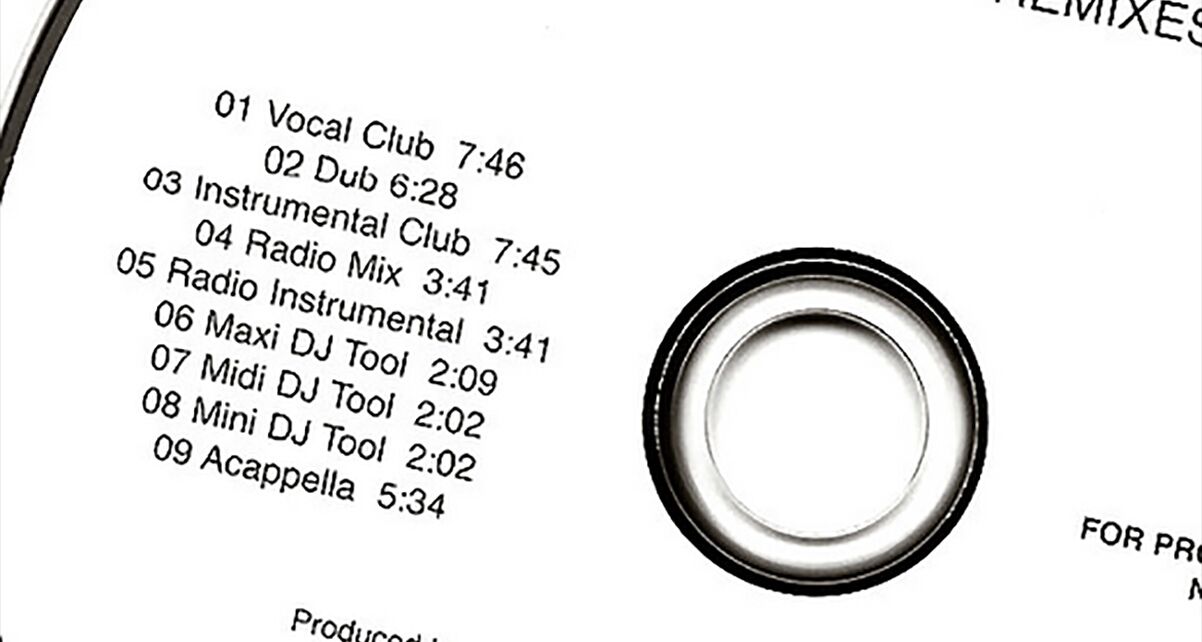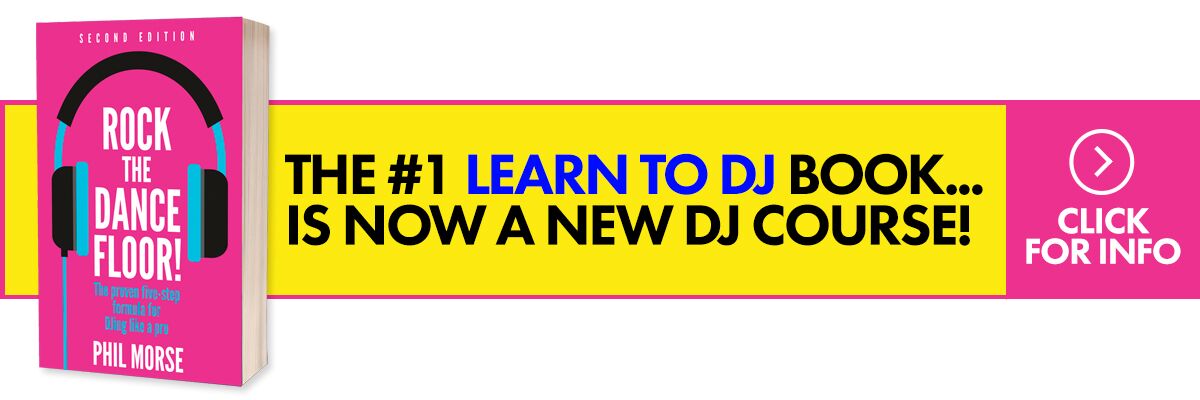Today we’ve got a question lots of DJs have asked over the years, and we’ve never actually explained this fully, so I thought we’d do that today. It comes from reader Rok, who asks: “Please can you tell me what the difference is between an original mix, an instrumental mix, a club mix and so on?”
Digital DJ Tips says:
We’re going to exclude remixes (as in, mixes done by other people rather than the original producer of a recording), although all these types of mixes can apply to full-on remixes too. So while there are definitely no hard and fast rules, and trends change over time, here is a list of some of the basic mixes of an original recording that may be available, spread across a digital release, a CD, or even a good old fashioned single, double or even treble vinyl pack.
Expect to find variations on these (look at the release in our photo for examples), but when you understand these, you’ll understand where those variations fit in.
- Original mix – The main mix, the one that comes first (usually) on the package. Depending on the genre or style, this could very likely also be the…
- Radio mix – A 3 or 4 minute version of the original mix, minus any expletives. If they’ve gone for the radio mix as the main mix, you’ll often there’s an…
- Extended mix – …which is a version of the original mix that is too long for radio but which is as the producer would ideally like the track to be, with longer breaks and so on
- Club mix – This is another one you often see, where a song that is more pop, rock or mainstream is given an interpretation aimed directly at the dancefloor
- Instrumental mix – Beloved of DJs because it allow the DJ to use an instantly recognisable musical “bed” and then – for instance – play an acapella from another track over the top. Usually the instrumental mix is simply the original mix with the vocals removed, following exactly the same structure in all opther ways, unlike the…
- Dub mix – …which is a re-interpretation of the original mix, stripped down, made more for DJs to use as a tool. It can concentrate on the most floor-rocking elements of the original, or go off in another direction entirely, but is usually recognisable insome way, using snippets of the original music and/or vocal twisted to give a different vibe
- Acapella – Finally, the vocal that was taken out to make the instrumental mix is often offered as an acapella to complete the “original producer” package of versions of a song. There could be other “DJ tools” too, percussion elements or looped sound effect or vocal hooks and so on, designed to give creative DJs something to play with
As to which ones to DJ with, that’s totally up to you! DJs often like to mix two versions to build tension or extend a familiar track. You may decide to stick with a shorter version of a tune if the crowd isn’t botherd letting the extended mix develop (often works when playing older tunes), or you may want to weave in the dub or instrumental early in your set and play a full voval near the end. Such is the fun of DJing!
Are they any types of mix I’ve missed out here? What do you typically find yourself using extra mixes of a favourite track for? Do you take elements from different mixes to help you develop something new? Please add your thoughts below.


